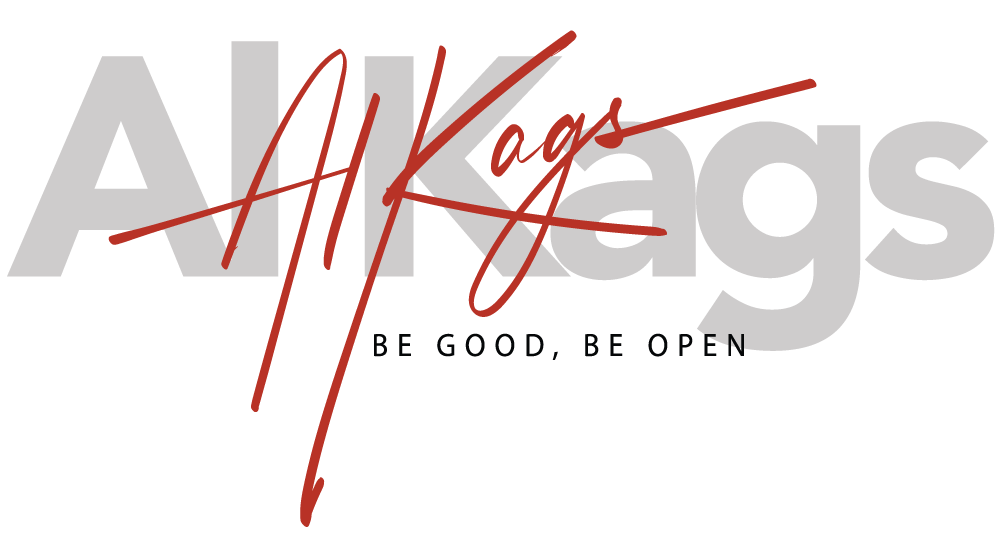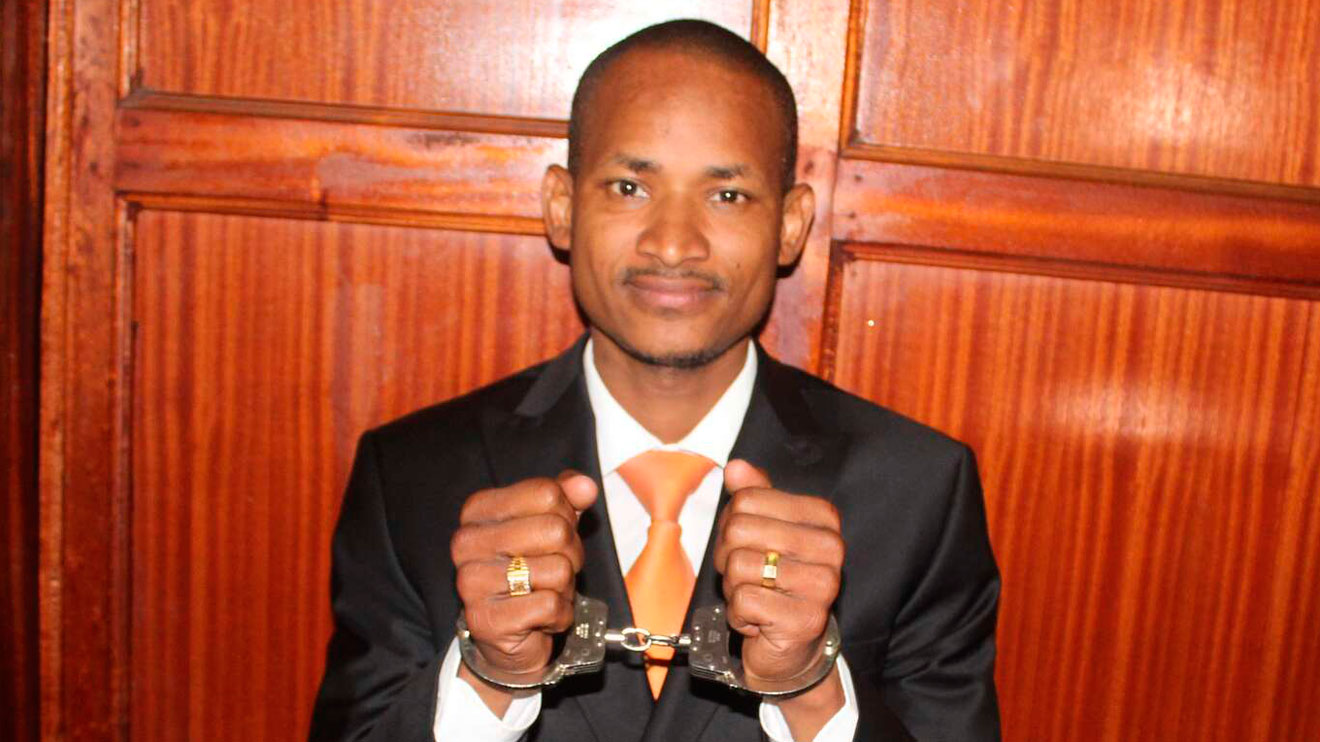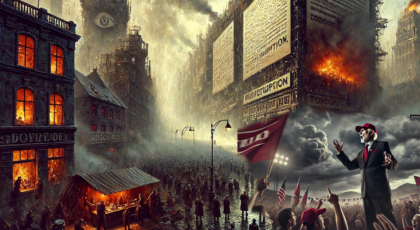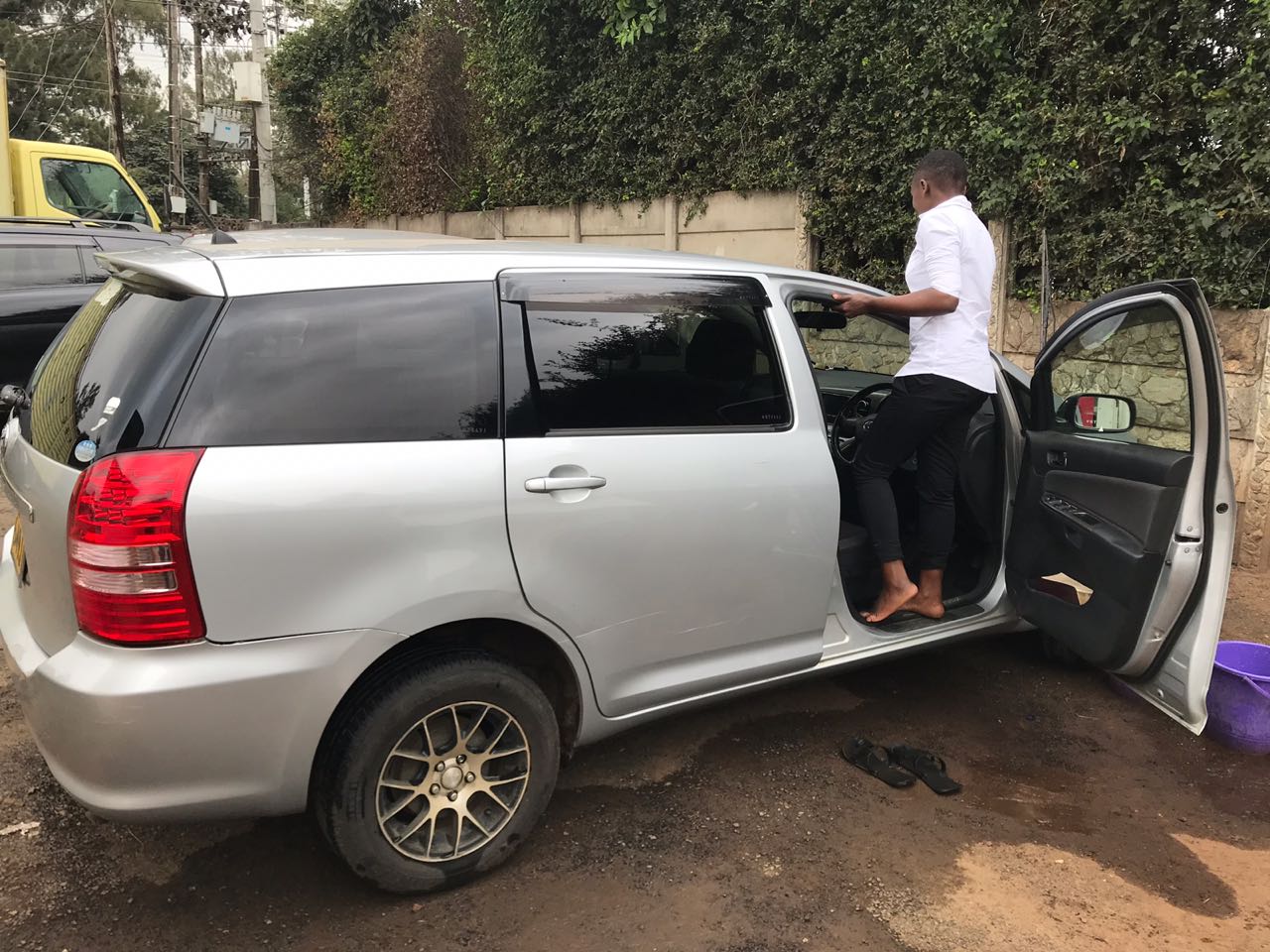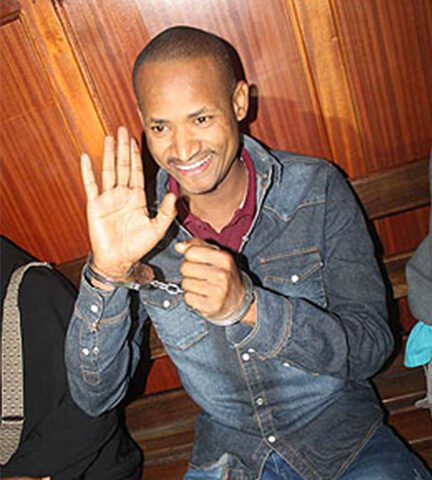
I don’t like Babu Owino, MP. I think that he is the manifest emblem of a sophisticated hooligan. Babu has gotten away with a lot of reckless speech throughout his tumultuous career. I find it supremely difficult to assign him the prefix “Honourable” that should accompany his name and job. Like many Kenyans, I have not let him off the hook for his wanton shooting of popular DJ Evolve at a nightclub. The notorious MP has never been held to account for rendering the young DJ numb from his torso, possibly for the rest of his life.
I like Maina Njenga even less. The recently gentrified gangster leader of the dreaded Mũngĩkĩ sect, that has been linked to terrorising and killing hundreds of people. He has amassed great wealth from these mafia-like activities and there is little that can be said of him. As is common in Kenya, such criminals have found their way into politics, inspite of their infamy.
Detention without trial
In spite of my dislike for the two men, I have to register my deep worry at their treatment in the hands of the police over the past week. Babu, the Embakasi East Member of Parliament was arrested on Tuesday, July 19, 2023, at the Jomo Kenyatta International Airport (JKIA) in Nairobi. He was detained in police stations for days, without the awareness of his family or legal team.
It was not until his wife, Fridah, found him at Wang’uru Police station almost three hundred kilometres away, that he was moved back to Nairobi and produced in court, where was charged with engaging in subversive activities, which is a felony under Kenyan law. He was granted bail of 1 million Kenyan shillings (about $10,000). Owino was arrested a day before the start of Azimio La Umoja’s three-day nationwide anti-government protests that were called over the high cost of living and the Finance Act 2023.
Maina Njenga was arrested at night by a team of Police officers in more than 13 cars from his father’s house. Two days later, his family was asking to know where he is. As at the time I am writing this, I am not aware that he has been produced in court.
Constitution of Kenya
Detention without trial has been a controversial issue in Kenya for many years. In the past, the government has used this power to detain political opponents and critics. In recent years, the government has also used this power to detain suspected terrorists. There have been many cases in which Kenyan courts have found that the government has exceeded its powers under the Preservation of Public Security Act. Detention without trial was widely used during the Moi era to horrifying effect in the eighties and nineties as a tool of authoritarian rule.
The Constitution of Kenya, 2010, guarantees the right to personal liberty and the right to be free from arbitrary detention. However, the Constitution also allows for the detention of persons without trial in certain limited circumstances, such as when a person is suspected of a serious crime or when there is a threat to national security.
Detention without trial has been a controversial issue in Kenya for many years. In the past, the government has used this power to detain political opponents and critics. In recent years, the government has also used this power to detain suspected terrorists.
Detention without trial can have a significant impact on the lives of those who are detained. Detainees may be held incommunicado for long periods of time, and they may be denied access to legal representation and family members. This can have a devastating impact on their physical and mental health, and it can also make it difficult for them to defend themselves against any charges that may be brought against them.
“Even the devil is entitled to justice”
Lawyer Ndegwa Njiru
Everyone deserves a defense
The principle that everyone deserves a defense is a fundamental human right. It is enshrined in the Universal Declaration of Human Rights, which states that “everyone charged with a penal offence has the right to be presumed innocent until proved guilty according to law.” This means that everyone accused of a crime has the right to a fair trial, with the assistance of a lawyer.
There are many reasons why everyone deserves a defense. First, it is important to protect the rights of the accused. Without the right to a defense, the accused could be railroaded into a conviction, even if they are innocent. Second, the right to a defense helps to ensure that the truth comes to light. A good lawyer will investigate the case thoroughly and challenge the prosecution’s evidence. This helps to ensure that the guilty are punished and the innocent are set free.
Read also: We have hope
Finally, the right to a defense is an important symbol of our commitment to justice. It shows that we believe in the fundamental fairness of our legal system. We believe that everyone, regardless of their guilt or innocence, deserves to be treated with respect and dignity. The principle that everyone deserves a defense is a cornerstone of our democracy. It is a right that we must uphold, for the sake of justice and the protection of our liberties.
Even while I really don’t like Maina Njenga and Babu Owino, I must speak up to say that they deserve a fair hearing in a court of law. That way, they can legitimately be held to account for their actions. We cannot go back to the dark, dark old days.
